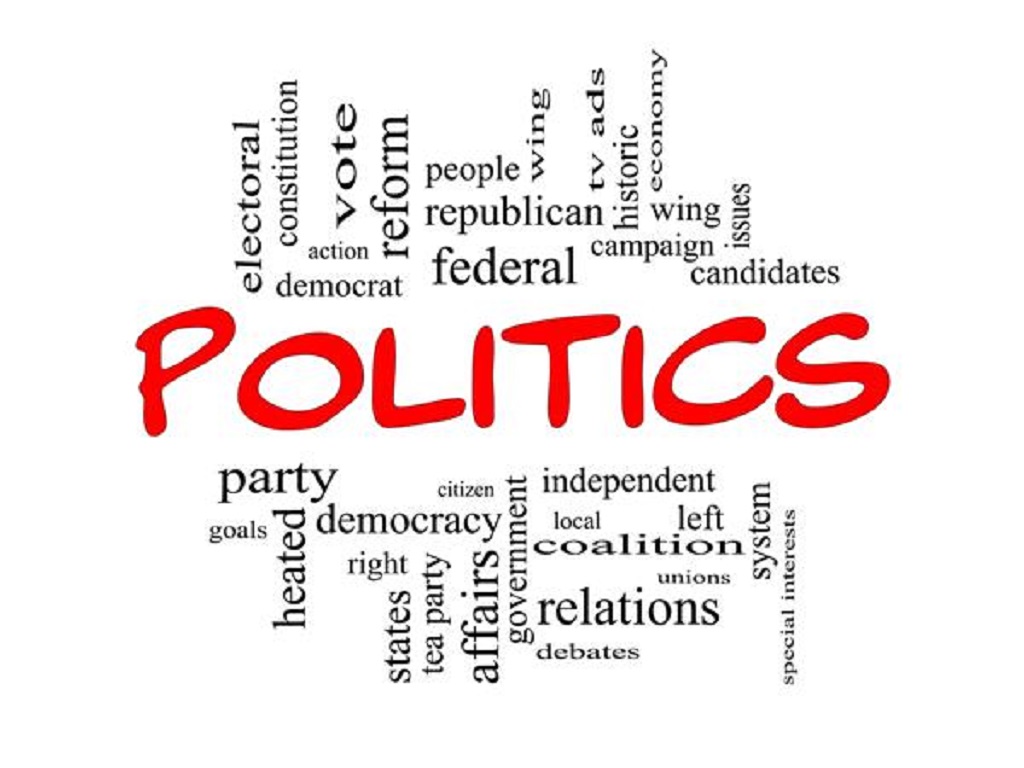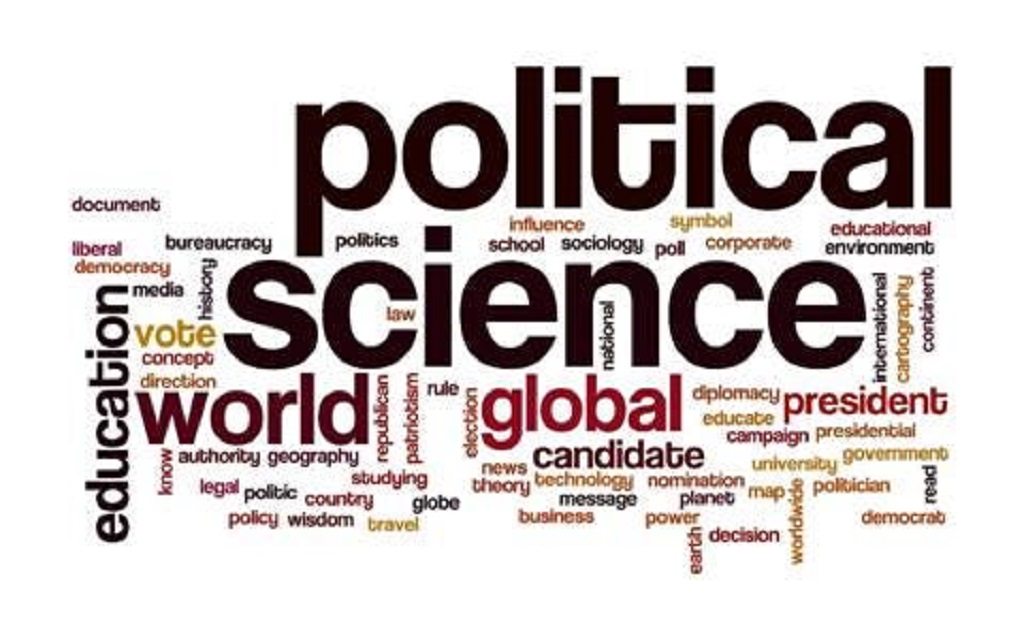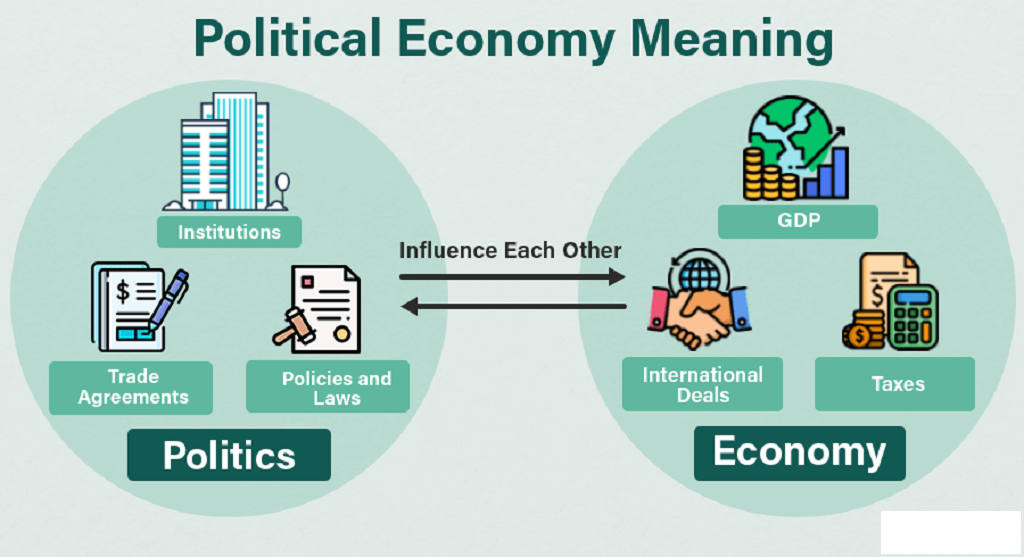
What Are the 5 Reasons Why Politics is Important?
It’s no exaggeration to say that politics has a pervasive impact on all aspects of modern life. Everything from the air quality we breathe to the condition of the roads we drive on is shaped by political decisions made at the local, state, and national levels. Despite political systems’ complexity and often opacity, staying engaged and informed about politics is essential. This can help us make sense of the tumultuous events and issues that shape our world and ultimately empower us to participate in shaping the future we want to see. Below are 5 reasons why politics is important and why you should care.
1. Politics Affect the Economy
The economy may seem abstract, but it impacts your financial stability. Politicians make decisions that directly determine economic factors like:
- Jobs and unemployment rates
- Taxes on income, investments, etc.
- Minimum wage and workforce protections
- Trade deals and tariffs
- Interest rates set by the Federal Reserve
- Economic stimulus packages
For example, a new trade deal could boost American manufacturing jobs. Or a hike in taxes could leave you with less take-home pay. Politicians have enormous power over the economy and your finances. Paying attention helps you prepare for potential changes.
2. Laws and Regulations Influence Daily Life
Laws are not abstract concepts that only lawyers care about. Our laws directly shape our day-to-day lives. Politicians write, pass, and enforce various regulations and legal codes that impact:
- Your rights and freedoms as a citizen
- Products and services you use
- Community issues like crime rates
- Personal choices like marriage and reproduction
- Public systems like law enforcement, education, infrastructure, etc.
If you’ve ever felt frustrated by red tape and bureaucracy, politics is the root cause. Politicians create those pesky regulations that we all have to abide by. So, if you want to change the rules, you must engage with the political process.
3. Politics Affect Public Systems and Services
Public systems like healthcare, education, transportation, and law enforcement are all shaped by policies created at various levels of government. Local, state, and federal officials make important decisions about:
- How much funding do public systems receive
- Standards, curriculum, and testing in schools
- Accessibility and affordability of medical care
- Building and maintaining roads, railways, bridges, etc.
- Policing laws and criminal justice procedures
The quality and accessibility of these critical services depend directly on elected officials. For example, one party might champion school vouchers and charter schools, while another might fight for more funding for teachers’ unions and public schools. The policies they enact affect how these services impact you, your family, and your community.
4. Politics Influence Social Change
Many major social movements have been directly linked to politicians and legislation. Changing social opinions eventually show up in policies. For example:
- Abraham Lincoln and the abolition of slavery
- Franklin D. Roosevelt’s New Deal policies after the Great Depression
- Lyndon B. Johnson passing 1960s civil rights legislation
- 1970s environmental protections like the Clean Air Act
- 21st-century debates over same-sex marriage and LGBTQ protections
Politicians also react to public pressure on issues like racial justice, income inequality, reproductive rights, gun control, and immigration reform. Paying attention helps you understand how policy connects to activism and social change.
5. Your Vote and Voice Matter
This last point is arguably the most important. In a representative democracy, politicians work for you. Your interests should be represented in policy decisions. By voting and communicating with elected officials, you wield real influence over:
- Your elected representatives at every level
- Primary legislation that is introduced and passed
- Budgets and decisions about resource allocation
- Policy agendas like healthcare, education, taxes, etc.
- Public services managed by local, state, and federal government
While one voice may seem small, politicians respond to public pressure. Civic participation allows you to exercise your power and uphold the democratic process.
5 Key Takeaways: Why is Politics Important?

- The economy – Politics directly shape economic factors like jobs, taxes, wages, etc., impacting your financial life.
- Laws – Regulations and legal codes that dictate our rights, choices, products, and judicial procedures are written by politicians.
- Public systems – Decision makers control funding and policies for healthcare, schools, transportation, law enforcement, and more.
- Social change – Legislation is essential for promoting civil rights, environmental protection, and other social movements.
- Your power – Voting and contacting your elected representatives are ways to wield influence and hold politicians accountable.
Frequently Asked Questions
Why should I care about politics when nothing seems to change?
It’s easy to get cynical when politicians break promises or fail to fix glaring issues. However, many significant policy changes and social progress do happen over time. Public pressure makes an impact. If you give up on politics entirely, your voice will not be heard.
How do politics affect me if I’m just an average person?
Politics shapes economic factors that impact your wallet, laws that dictate your rights and choices, public services you rely on, and social causes you may care about. Policies at all levels of government directly influence your daily life.
Is getting involved in politics worth my time?
The time commitment to be an engaged voter is minimal compared to the influence it provides over your elected representatives. Things like voting in elections, contacting politicians about critical issues, and staying current take little time. It allows you to play a role in bettering society.
Why does politics have to be so partisan and divisive?
Political parties with opposing worldviews often stoke division. However, there are also many cross-party issues where compromise happens. Focusing on shared goals and values with fellow citizens is critical to easing partisan tensions.
If I engage with politics, how likely will I make a difference?
It’s easy to feel like one voice gets lost, especially at the national level. However, local and state representatives rely on direct voter feedback. Sustained advocacy makes an impact over time. Politicians must respond to their constituents’ priorities or get voted out.
At Last
Politics impacts all of us. But it can be demoralizing if you observe the partisan bickering. The most effective way to feel empowered is to get involved. Understand the process, exercise your rights, and make your voice heard. Democracy only thrives when people engage. Together, we can advocate for progress.

